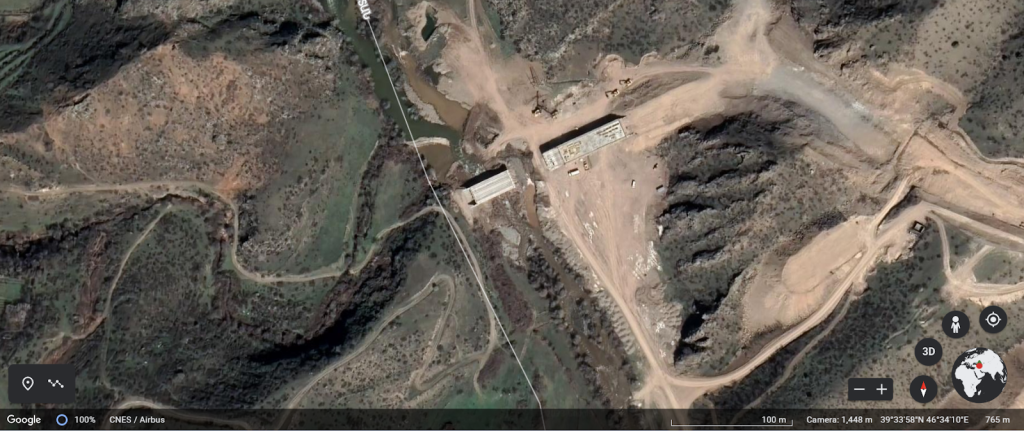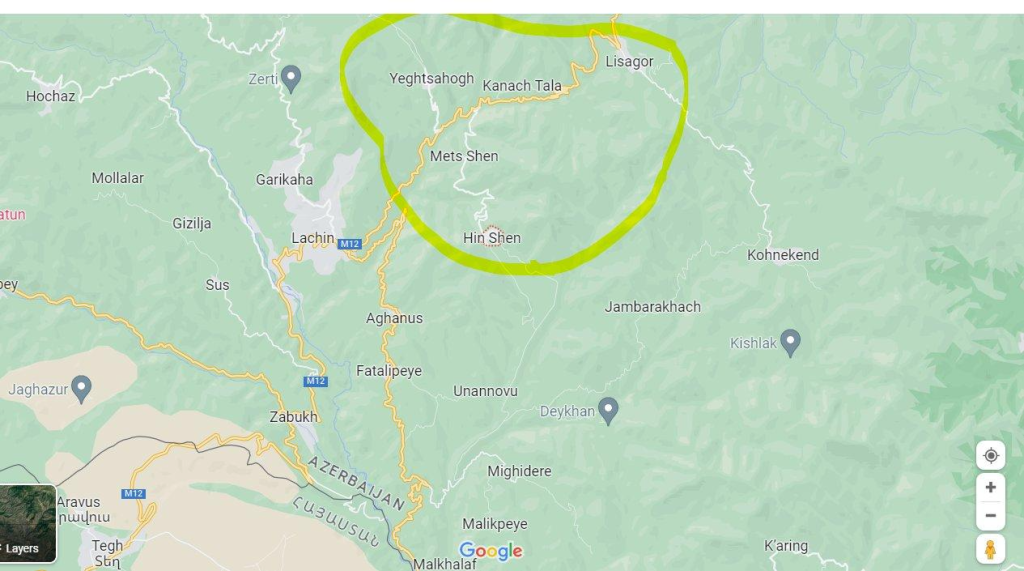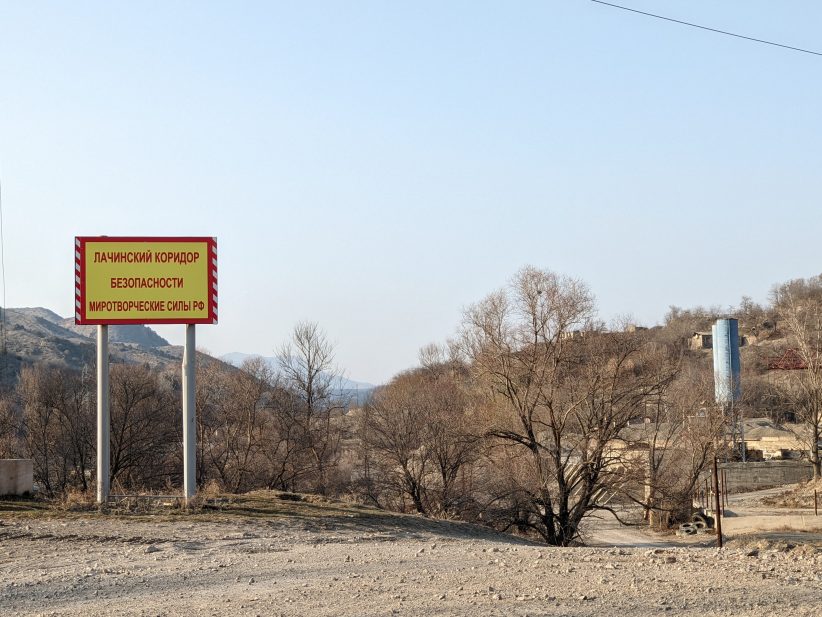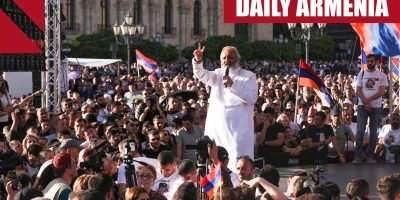Op-ed by Tigran Grigoryan
On April 23, Azerbaijani forces blocked the Hakari bridge, which is situated at the end of the new route of the Lachin corridor near the Armenian border, and established a checkpoint in that part of the corridor. The bridge was under the full control of the Russian peacekeeping force. This new provocation constitutes a serious breach of the November 9 ceasefire statement and has the potential to exacerbate the already dire humanitarian situation in Nagorno-Karabakh.

Several Armenian villages in the Shushi region, which have been cut off from the rest of Nagorno-Karabakh due to the blockade, relied on the new route of the Lachin corridor to receive vital supplies from Armenia. The takeover of the bridge by Azerbaijan will make it even more challenging for these villages to receive essential supplies, which could further compound the humanitarian crisis.

The Hakari bridge is an essential part of the Lachin corridor’s new route and is supposed to be under the control of the Russian peacekeeping force. Prior to this provocation, Azerbaijani forces were utilizing the road passing under the bridge, and the bridge itself was being used by the peacekeepers, the Armenian sides, and the International Committee of the Red Cross. It remains unclear how the peacekeepers, who have fortified positions near the bridge, allowed Azerbaijani forces to carry out this operation.
Before this escalation took place, Azerbaijan had been long working to create an information landscape that would support their actions. Azerbaijani president Ilham Aliyev has been talking about the need to install a checkpoint at the border between the Lachin district and Armenia for months. Baku has also been falsely accusing Armenia of transferring weaponry and landmines to Nagorno-Karabakh with the assistance of Russian peacekeepers. The latest accusation was made by Azerbaijan on the eve of this provocation. During one of his recent interviews, Aliyev made a brazen threat, stating that the Armenians living in Nagorno-Karabakh must either accept Azerbaijani citizenship or leave the territory.
It is also emblematic that Baku no longer makes an effort to mask its actions under the guise of a fake eco-protest. If not challenged, this latest provocation might be the final nail in the coffin of the post-war security architecture in the region and pave the way for the ethnic cleansing of Nagorno-Karabakh. Any sort of Azerbaijani presence on the road will strip it of the ‘corridor’ status and will finalize the encirclement process of Nagorno-Karabakh.
These sentiments were present in a statement issued after an emergency session of Nagorno-Karabakh’s Security Council. The members of the Security Council, particularly, said: “We call on the parties to the Trilateral Statement, and especially the Russian Federation, to immediately begin discussions on lifting the blockade of Artsakh, preventing the installation of the Azerbaijani checkpoint, and providing real security guarantees for the people of Artsakh. We expect effective steps to be taken in the shortest possible time to address the security and humanitarian issues of the people of Artsakh, the absence of which will allow the people and authorities of Artsakh to take further steps.”
There are two noteworthy details in this paragraph. Firstly, the leadership in Stepanakert, which has traditionally been using more conciliatory rhetoric towards Russia, is calling Moscow out and basically demanding from the Kremlin to fulfill its obligations. This is unprecedented and shows the severity of the situation on the ground.
Secondly, the members of the Security Council hint that if the blockade of Nagorno-Karabakh is not lifted in the near future and sufficient security guarantees are not provided to the people of Nagorno-Karabakh, a hard decision might be made to evacuate the population from their besieged homeland.
This is why it is imperative for all the international actors to comprehend that the recent provocative act carried out by Azerbaijan, specifically the blocking of the Hakari bridge and establishing a checkpoint in the Lachin corridor, is not just another incident. Rather, it is a substantial violation of the November 9 ceasefire statement and is a manifestation of Baku’s policy of creeping ethnic cleansing in Nagorno-Karabakh. If Azerbaijan’s aggressive actions are allowed to go unchecked, it has the potential to trigger a chain of unpredictable events and jeopardize the long-term prospects for peace in the region. Therefore, it is crucial for the international community to respond robustly and prevent any attempts to alter the existing status quo on the ground through the use of force.
See also: Azerbaijan sets up checkpoint along Lachin corridor
















